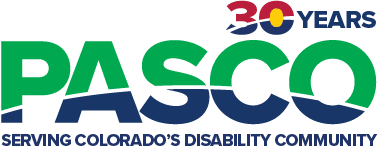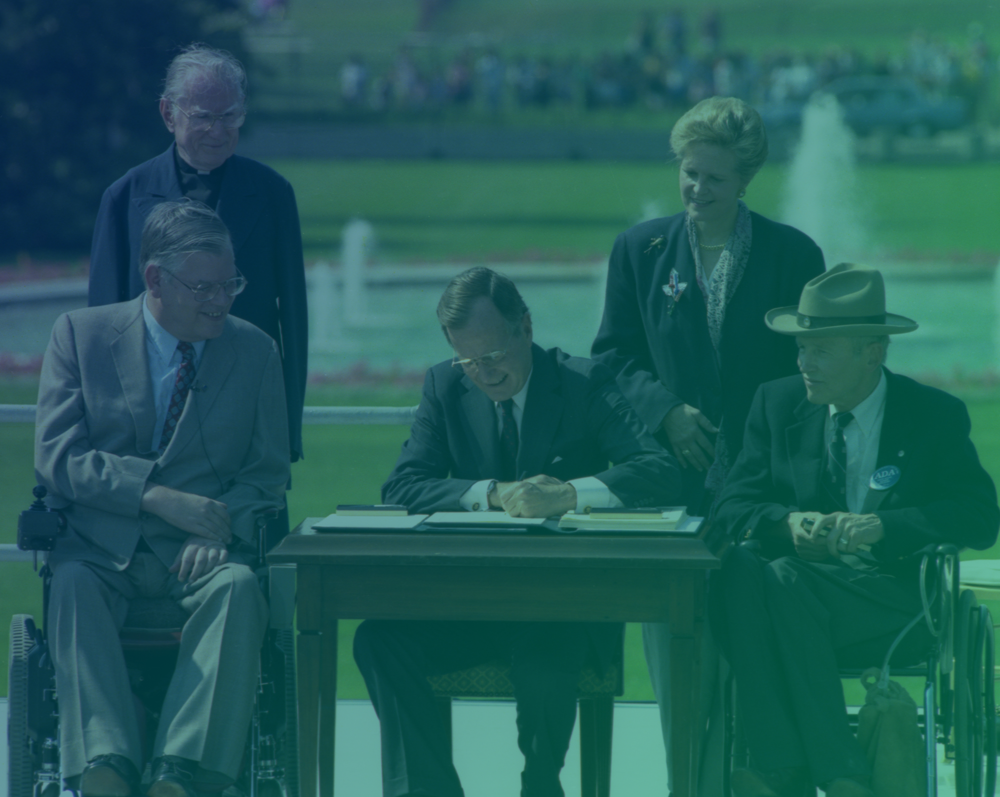Honoring the Americans with Disabilities Act (ADA)
PASCO celebrates the 33rd anniversary of the Americans with Disabilities Act (ADA) and the incredible history of advocacy that lead to its creation. The ADA is an important civil rights law that prohibits discrimination against individuals with disabilities in all aspects of public life, such as jobs, schools, transportation, and every public and private place that is open to the general public. The purpose of the law is to ensure that people with disabilities have the same rights, access, and opportunities as everyone else.
As individuals in Colorado and beyond honor the 33nd anniversary of this law, it can be valuable to reflect on how this idea earned momentum and eventually became the preeminent, national law it is today. There is no single person responsible for the passage of the ADA, but rather a collection of advocates and actions that helped propel this law into enactment.
As the civil rights movement of the ‘60s and ‘70s changed America, more voices were rising up to fight for establishing disability rights as basic human rights. Disability activist groups were formed across the country. In our own state of Colorado, a group of remarkable individuals called the Gang on 19 changed the trajectory of disability rights advocacy in 1978. The Gang of 19 (alongside PASCO founder Barry Rosenberg) demanded that people with disabilities have the same level of access to public transportation as any other individual.
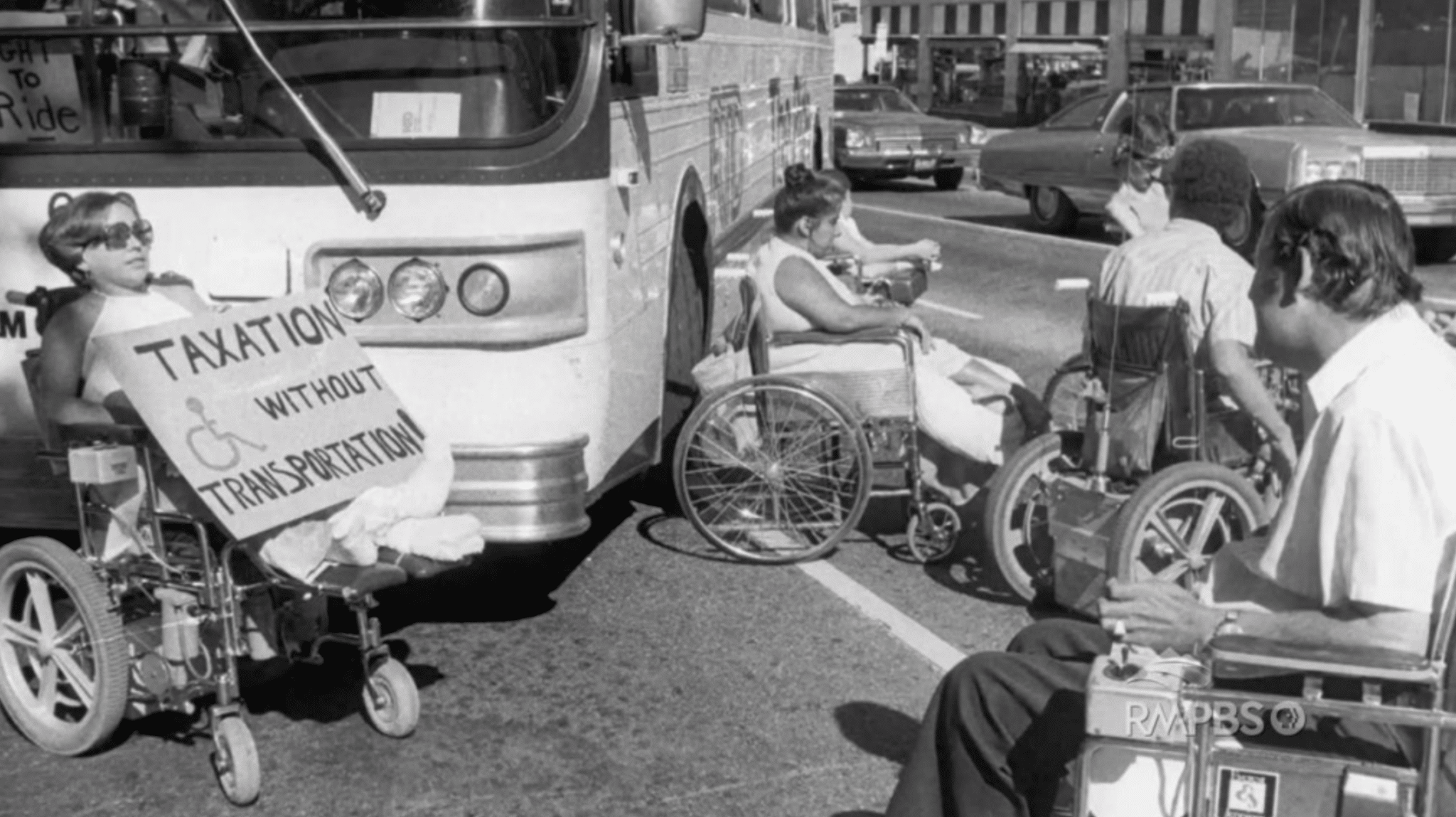
These 19 disability rights trailblazers rolled their wheelchairs into a busy public transportation intersection and laid down in front of an RTD bus to amplify the reach of their message. “We will ride!” they chanted as both the national and local media become aware of the situation and what the Gang of 19 was fighting for. These protests resulted in ⅓ of all RTD buses becoming wheelchair accessible and created more and more momentum for the disability rights movement.
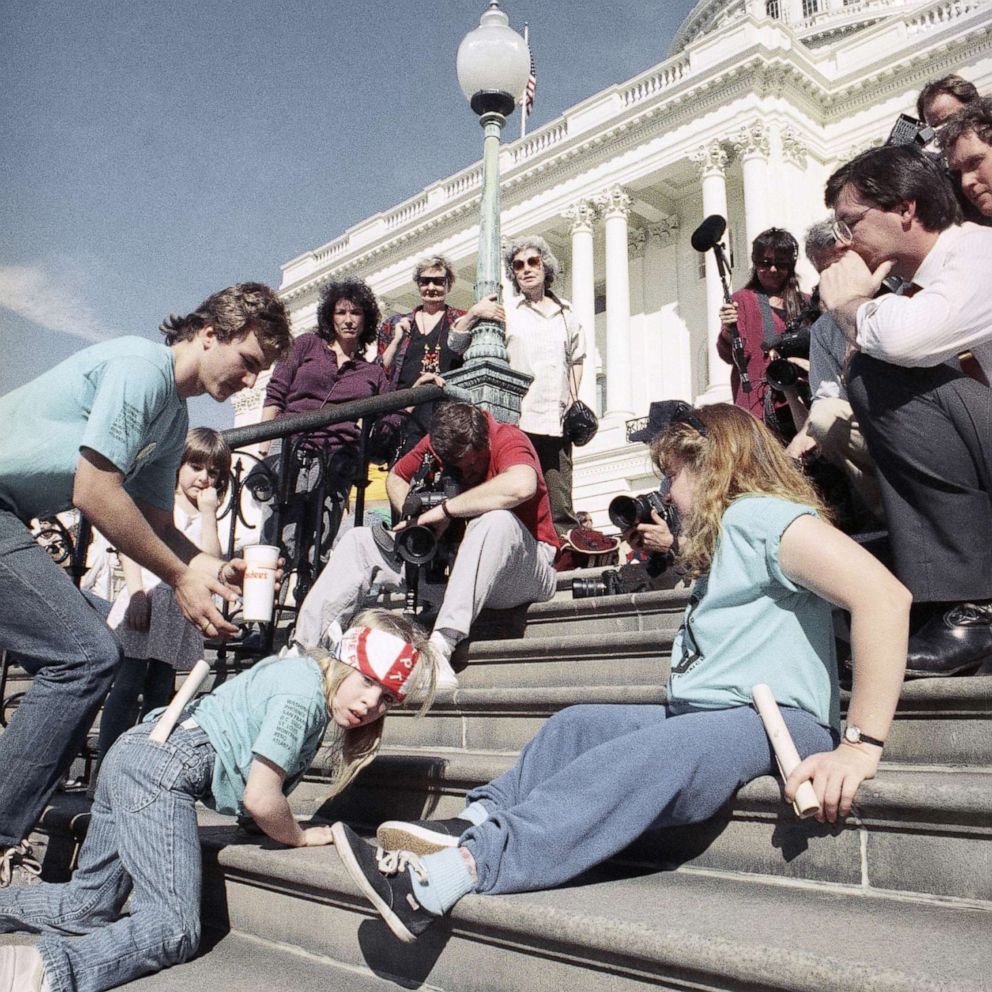
These efforts, among others, culminated in a bill to establish civil rights protections for people with disabilities. The Americans with Disabilities Act (ADA) was a bipartisan effort, passed in 1989 by the Senate but ran into continual stalls and debates within the House of Representatives. On March 12, 1990, disability activists arrived at the U.S. Capitol to rally support for the bill. To highlight the necessity of this bill, protesters rolled their wheelchairs to the bottom steps of the U.S. Capitol. These individuals sat or laid down on the steps and began to crawl to highlight the inaccessibility of the Capitol, as well as so many other spaces around the nation. This action became known as the “The Capitol Crawl.” It showed the world what the disability community already knew and had to live with daily: this world was not equally accessible to everyone.
The Americans with Disabilities Act was signed into law just 4 months later on July 26, 1990.
PASCO continues to dedicate ourselves to advocating for an environment where all individuals with disabilities can lead an empowered life with choice and independence. We are grateful for the passing and continued enforcement of the ADA and all of the tireless advocacy efforts before it. These efforts laid the groundwork for future advocacy and expanded access around Colorado and beyond.
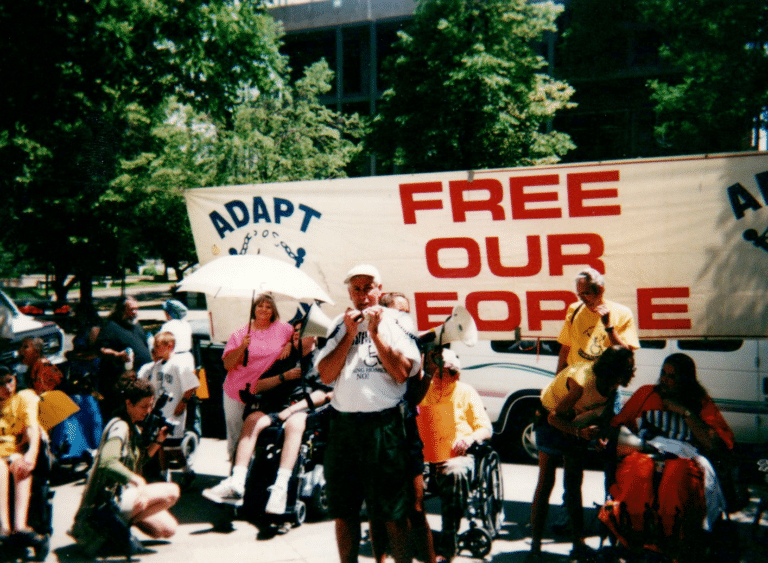
”And now I sign legislation which takes a sledgehammer to another wall, one which has for too many generations separated Americans with disabilities from the freedom they could glimpse, but not grasp. Once again, we rejoice as this barrier falls for claiming together we will not accept, we will not excuse, we will not tolerate discrimination in America.
George H.W. BushDuring the signing of the ADA
